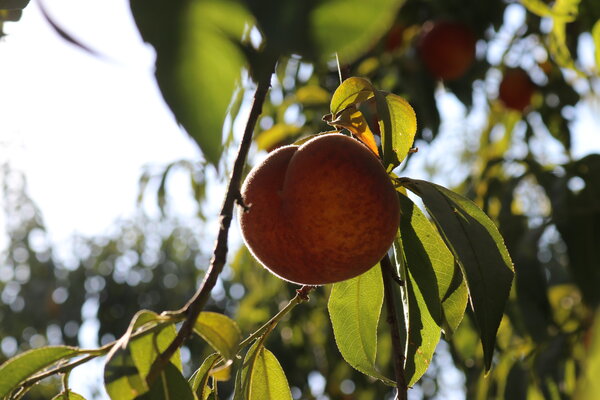Farmers are often called stewards of the land–and more than ever before, the public is paying attention to how these stewards maintain the health of the imperceptibly small components of soil. The team at Bio S.I. has a keen eye on that soil as well. In the inoculant field since the ‘90s and incorporated in 2006, Bio S.I produces microbial products that help rebuild, restore and renew soil in ways that support nature for more vigorous crops.
Bio S.I. began in the mid – ‘90s when Wayne Tucker, CEO, set out to isolate samples from some of the most challenged soil he could find. “His idea was, ‘How can we grow these microbes together to remediate during the growing season?’” said Megan Kavanaugh, Vice President of Science and Agronomy at Bio S.I. All of the soil-derived microbes that Bio S.I. work with today come from those Tucker collected decades ago and have since been cultivated and honed to best remediate agricultural soil. This kind of biologically focused work that Bio S.I. has been doing for decades is now taking up more space in the industry conversation, exemplified by the success of the Salinas Biological Summit in June 2023 and the larger-scale Biological Summit scheduled for 2024.
New to the team, Megan Kavanaugh joined the Bio S.I. earlier this year to continue the work that Tucker started prior to his passing in 2018. “I’m really focusing on a couple things for these fermentations that we have, which is post-fumigation and remediating unintended effects of agricultural inputs during the growing season,” Kavanaugh said. “You need fumigation in order to get rid of the bad guys, but then we want to rebuild the soil with the good guys and have it correlate to marketable yield. Our legacy growers working with Rocky Mountain Agronomics, have been able to regenerate fields that were poor performers due to high disease pressure and poor nutrient cycling and are now very high production fields.”
Kavanaugh and the Bio S.I. team bring an understanding of specialty crop production and data-driven results to create a product that can benefit both soil health and the ag industry, and it’s with understanding of the needs of those land stewards that they move forward: “My whole thing [when starting] was that we need metagenomics on every single field trial,” Kavanaugh said. “We need to runtime-course sampling to track changes in the soil microbiome. We need data, solid data sets, that correlate to yield and quality. One of the first things I did was take our base product, our Agricultural Formula fermentation, and send it off to Biome Makers to have it completely characterized to study each individual microbe’s contribution to soil, crop, and human health.”
When Wayne started isolating microbials in the soil, he didn’t have affordable access to metagenomics. But his forward-thinking ideas pointed true. In his effort to take soil samples and isolate them, grow them out and grow them together, he cultivated something special: “We have one out of our 12 tanks that is the same community that’s been living together for 25 years. It’s like gold.” The fermentation that has happened over the past 25 years (and counting) cultivates compounds known to promote plant growth and activate microbes in the soil to proliferate more nutrient-cycling microbes that can potentially outcompete pathogens.
Of the benefits that Bio S.I. products offer ─ improving nutrient efficiency, building soil humus (carbon), adding microbial life back to the soil, reducing plant stress, improving water penetration, remediating soil toxins and more ─ Kavanaugh has stated that their products fit into a systems approach. “The last thing we want to do is sit here and tell the people that we adore, respect and admire in this industry that they’re doing it all wrong,” she said. “Let’s start looking at ways that we can improve and help.”


